Browser local storage: Here's what you need to know
2 min. read
Updated on
Read our disclosure page to find out how can you help Windows Report sustain the editorial team. Read more
Key notes
- HTML5 brought an abundance of new features to the Web, and one of those features is local browser storage.
- In case you’re not familiar with it, in today’s article, we’ll briefly explain to you what browser local storage is.
- Are you a web developer or interested in new technologies? If so, be sure to visit out HTML5 section.
- To learn more about web browsers, you should check our Browsers Hub.

Local browser storage is a new feature in browses and it was added in HTML5. This feature has been incredibly useful to web developers, and it has improved the way web apps work.
So, what is local browser storage and how does it work? In today’s article, we’ll try to explain that.
What is browser local storage and how to use it?
1. What is local browser storage?
Local browser storage works similarly to cookies, and it allows web app developers to store data in your browser.
Cookies are added to all requests and available for both client and the server, while the local storage is available only in your browser, which is one of its advantages.
Local browser storage can have no expiration date, or it can last just for a single session. As for the storage, local web storage can take 5-10MB of your browser’s cache.
2. How to use local browser storage?
Local browser storage usually holds some mundane data that allows web applications to work properly.
While local browser storage is useful, it’s not the safest method for data storage, so developers aren’t using it for storing sensitive information.
Regarding the support, all web browsers support local browser storage. However, Opera One offers better support for local browser storage and HTML5 in general.
Opera One is also light on your resources, so it can handle web apps and multimedia with ease. The browser also has tracking protection that will block tracking scripts and speed up website loading.
The browser also has a built-in ad blocker, as well as its own free VPN with unlimited bandwidth for extra protection. Features such as advanced tab management and a pop-out video player are also there.
Opera One is a solid browser for both casual users and web developers, and it’s available on all major platforms, so be sure to try it out. Plus, it comes with it’s own AI.

Opera One
Don’t worry about trivial matters like local storage and HTML5 in general thanks to Opera One’s constantly updated architecture.Local browser storage is a big part of our web apps, and we hope that you understand what local browser storage is a bit better after reading this article.

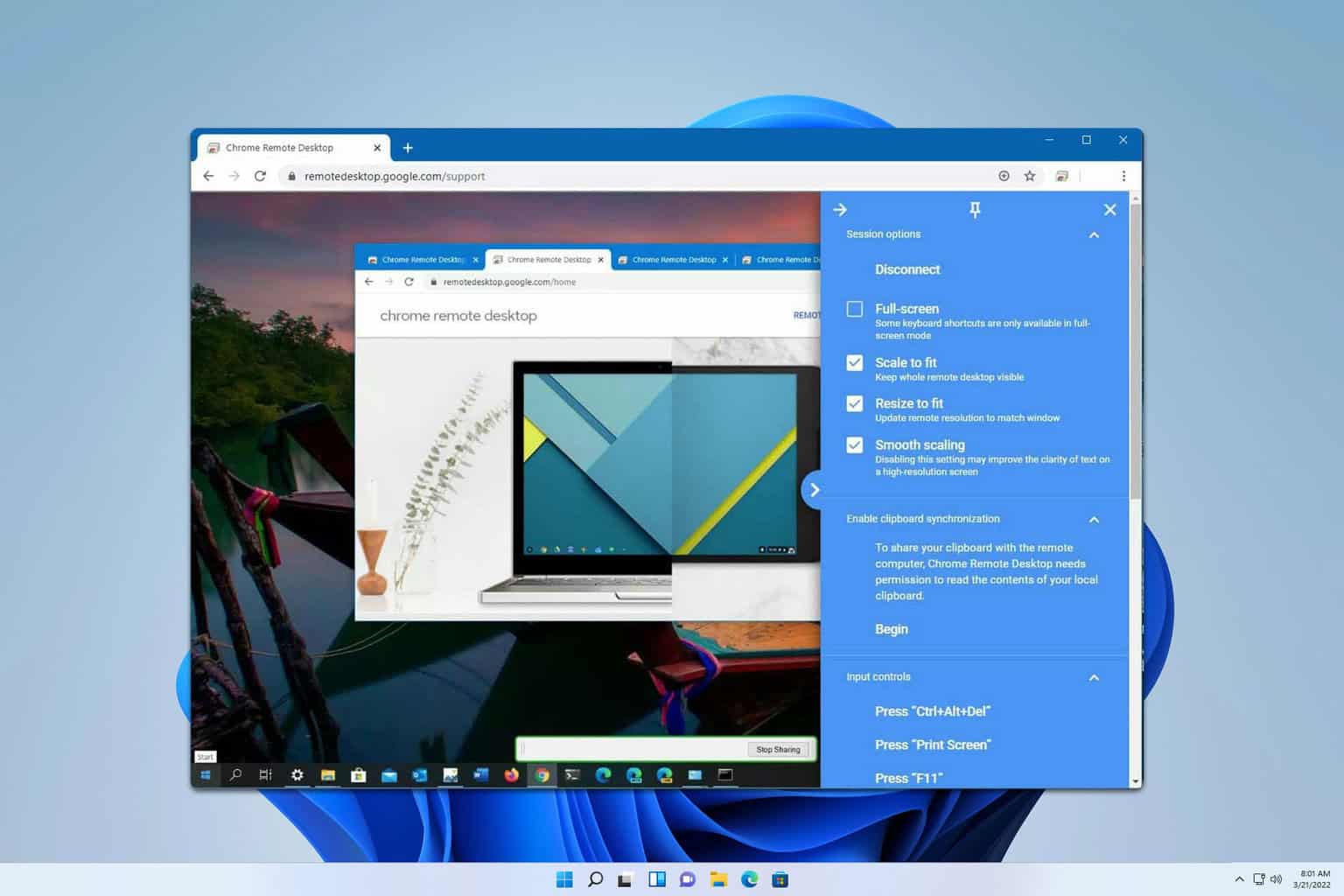
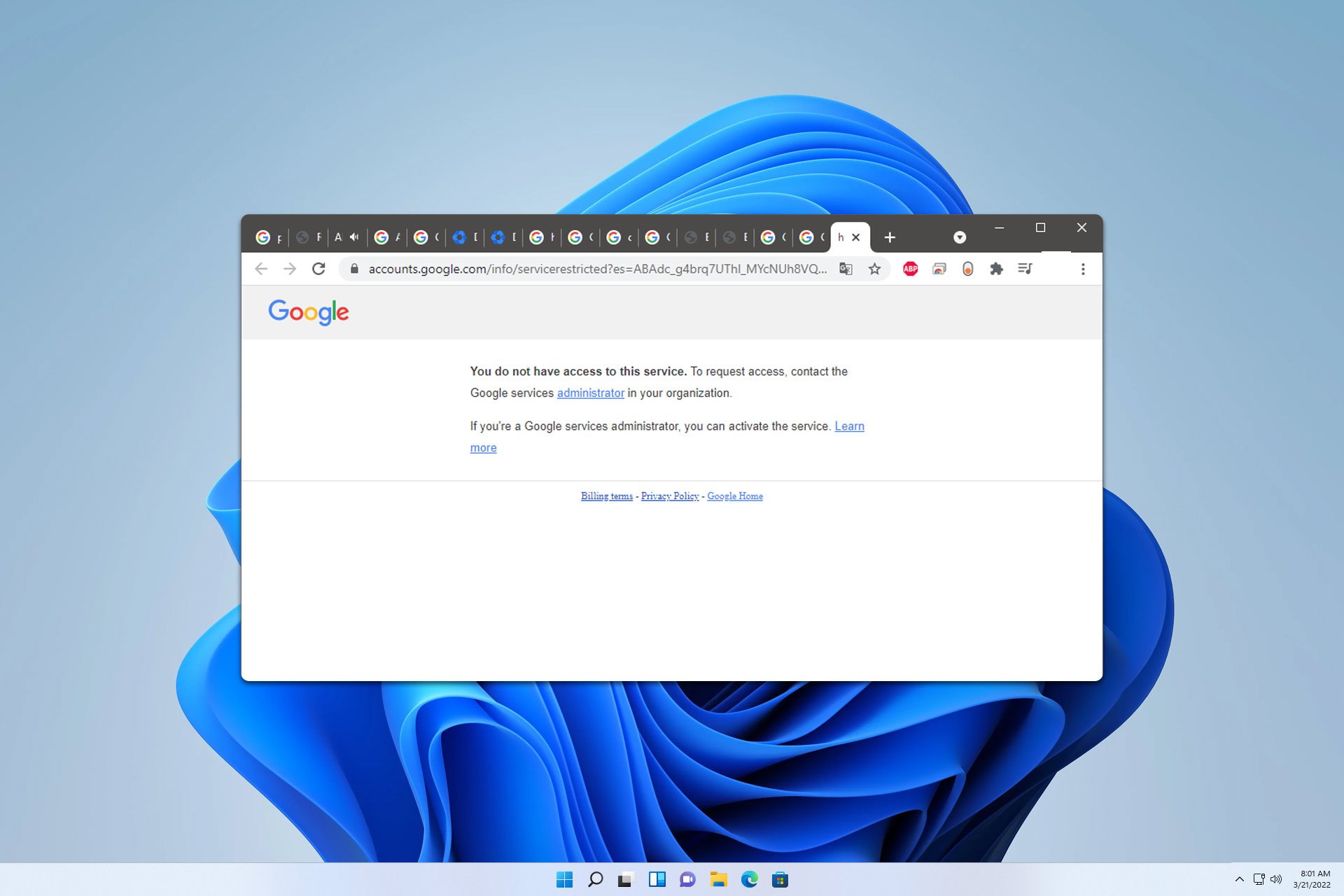
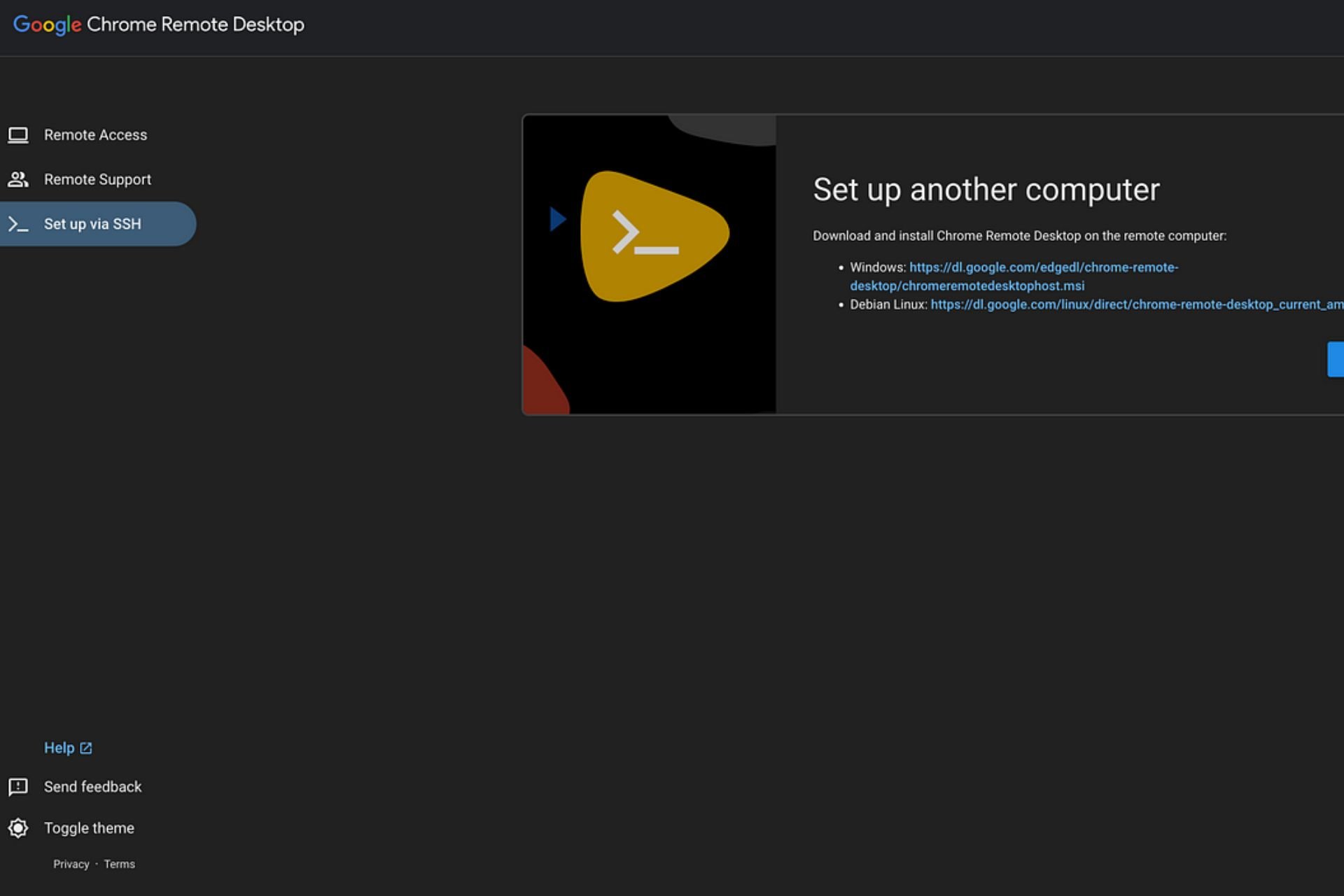
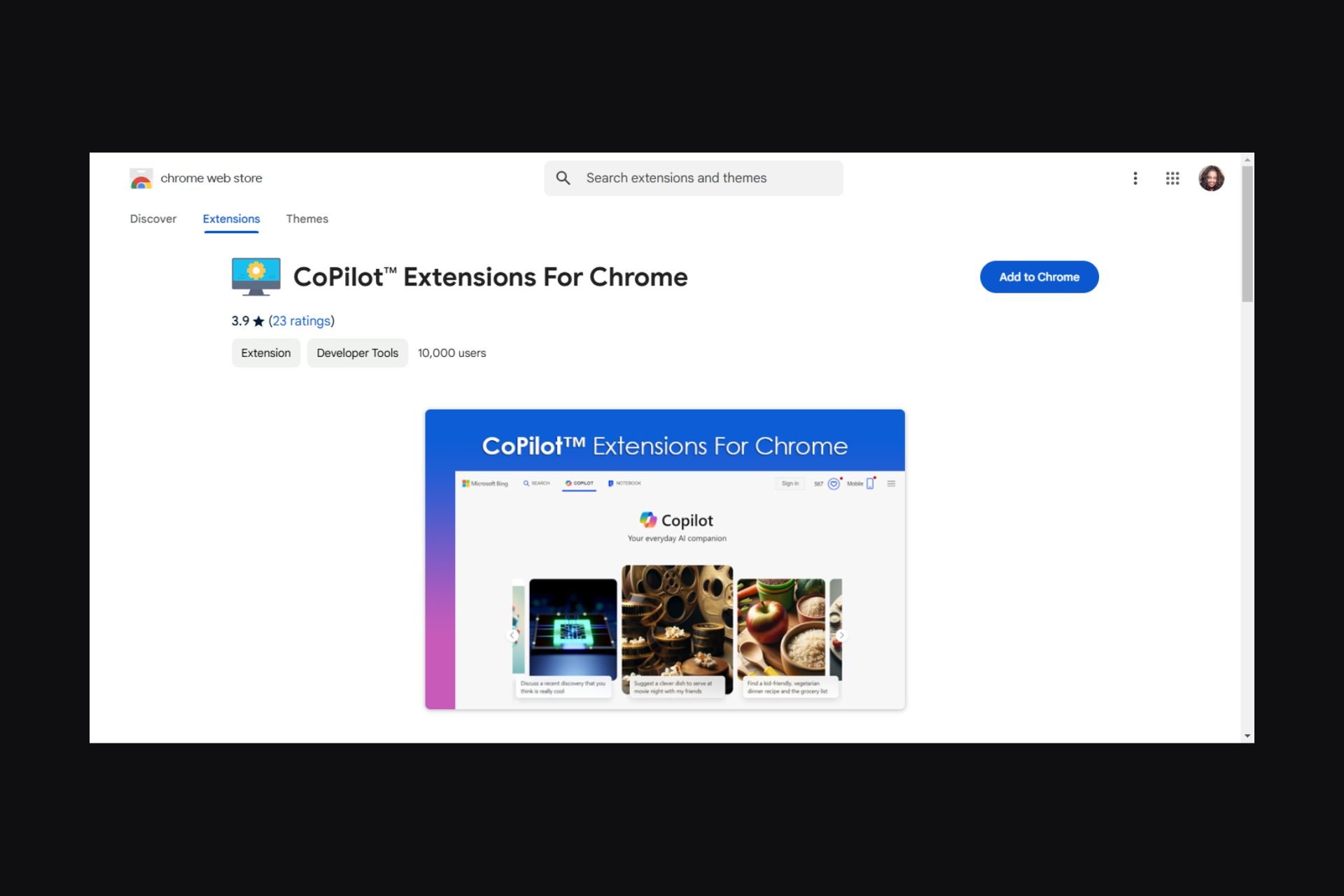

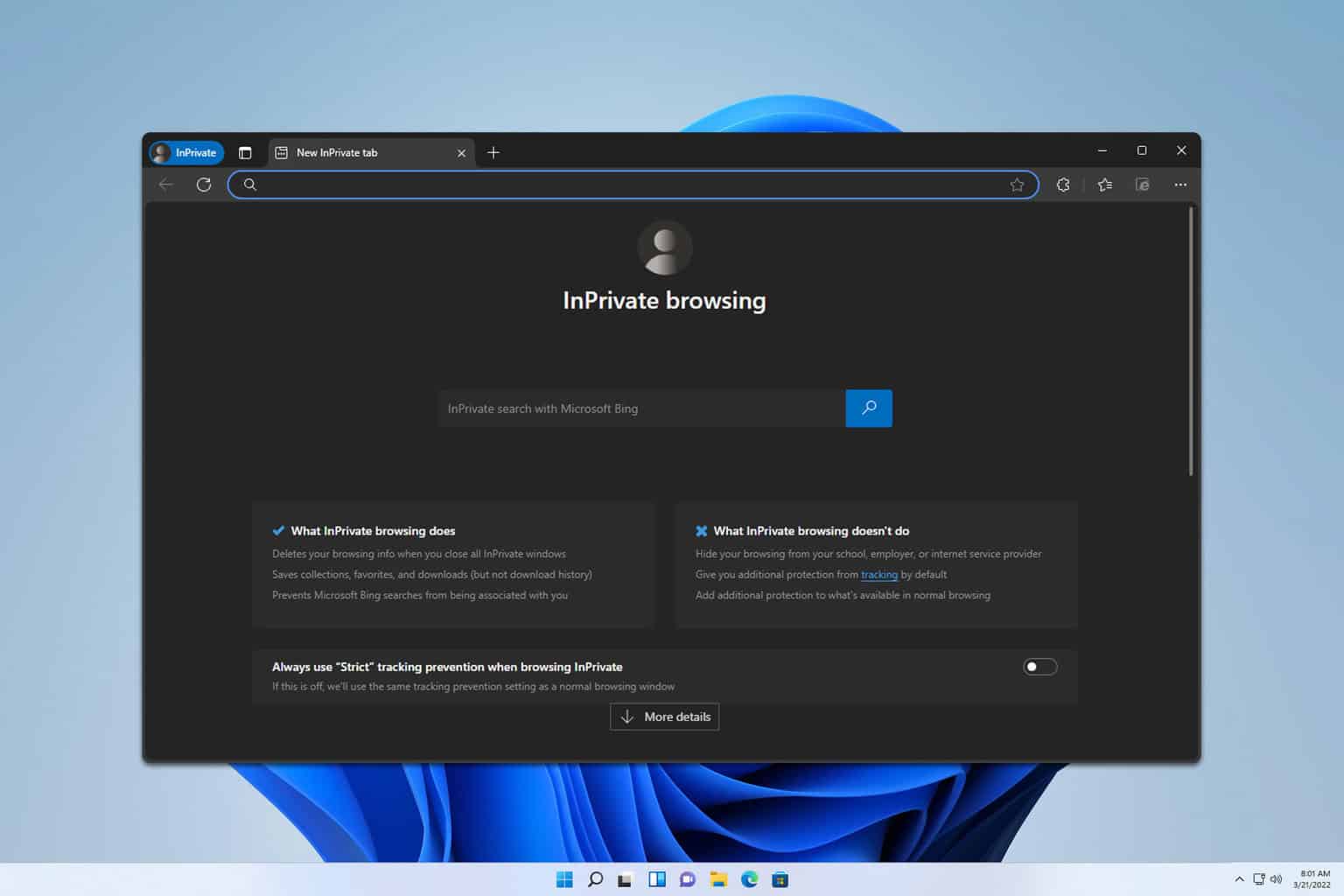
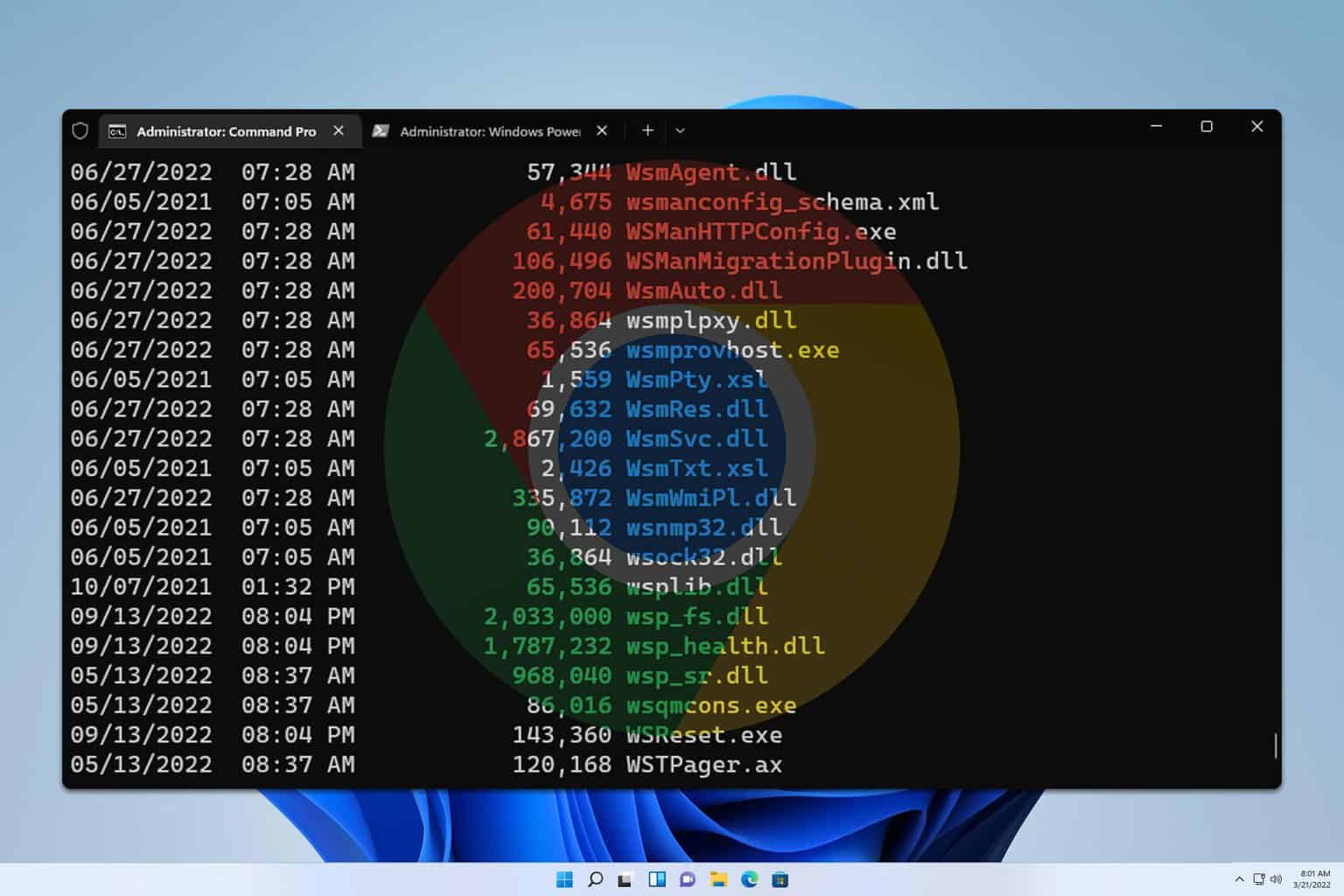

User forum
0 messages